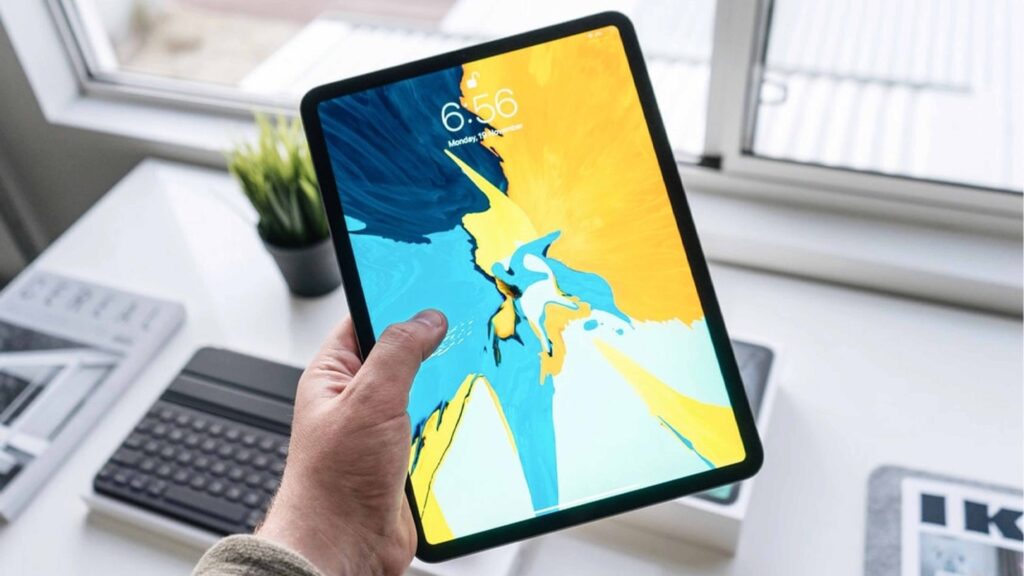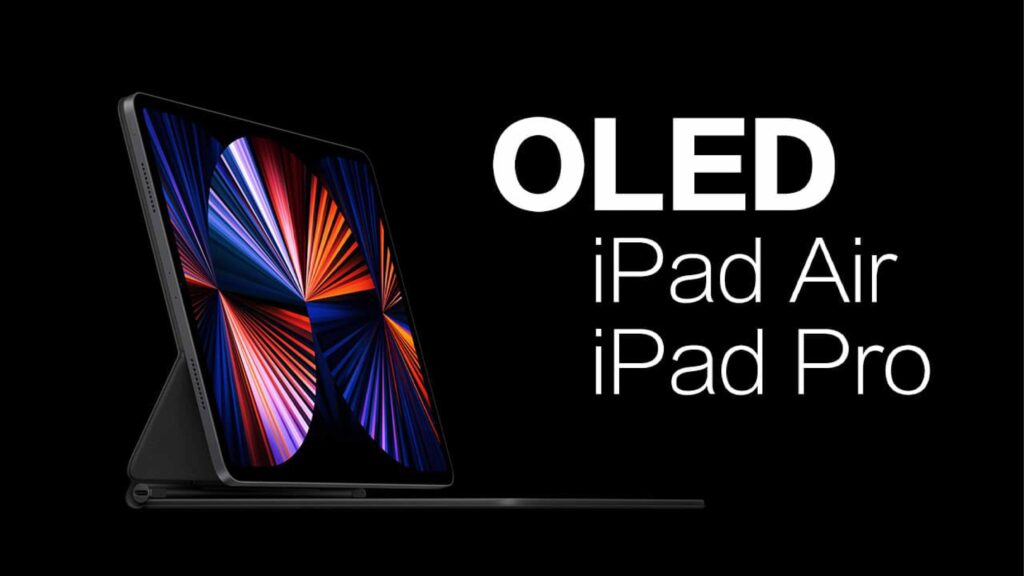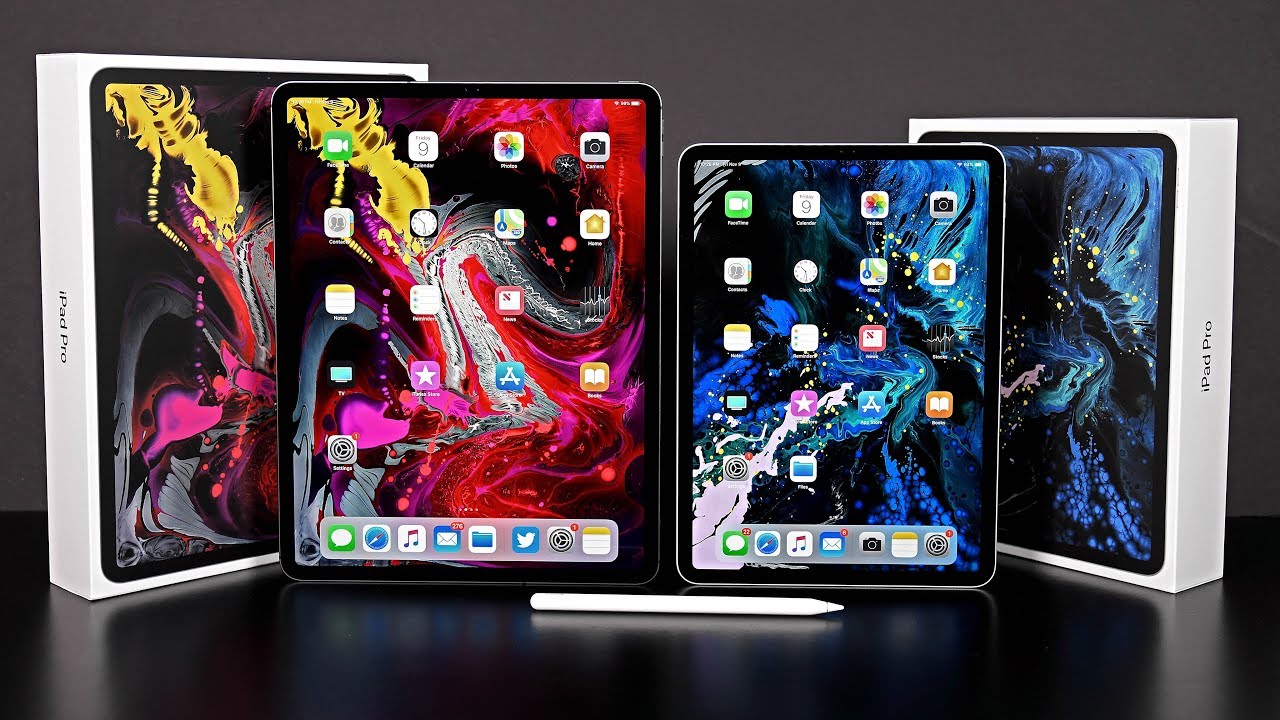Apple has not used an OLED display in iPad models before. Because current OLED screens are not durable enough. According to rumours, Apple wants to design light and thin screens. That’s why the company started working with Samsung and LG on displays.
OLED screens are getting thinner an durable
OLED screens can offer more vibrant colours. It is known that Apple has used OLED screens on its other devices before, so it makes sense that they want to apply it on their new iPad devices. As we mentioned beforeearlier, Apple, which attaches importance to the thinness of the screens, is not satisfied with the default version.

After using the dry etching method, Apple thins the layer on the panels with chemical components. This project is also said to contribute to recycling practices. Of course, the primary purpose is to make iPads thinner, leave room for the battery and make the device lighter.
The company is developing a 14.1-inch iPad Pro with a 120 Hz mini-LED display. So the iPad model it’s working on isn’t limited to just one. According to Bloomberg’s Gurman, a new 11-inch and 12.9-inch iPad Pro with an M2 processor and wireless charging are on the way. The first iPad models with OLED are expected to arrive in 2024.

MacBook Air and MacBook Pro with M2 processors have gone on sale recently. The products expected to arrive before the end of 2022 are as follows:
- iPhone 14,
- iPhone 14 Max
- iPhone 14 Pro
- iPhone 14 Pro Max
- AirPods Pro 2
- Apple Watch Series 8
- New Apple Watch SE
- Apple Watch Pro designed for extreme sports
Silicon built iMac and Mac models, Mac mini with M2 processor, and the AR/VR headset are among the products for which there are not given any precise date.













